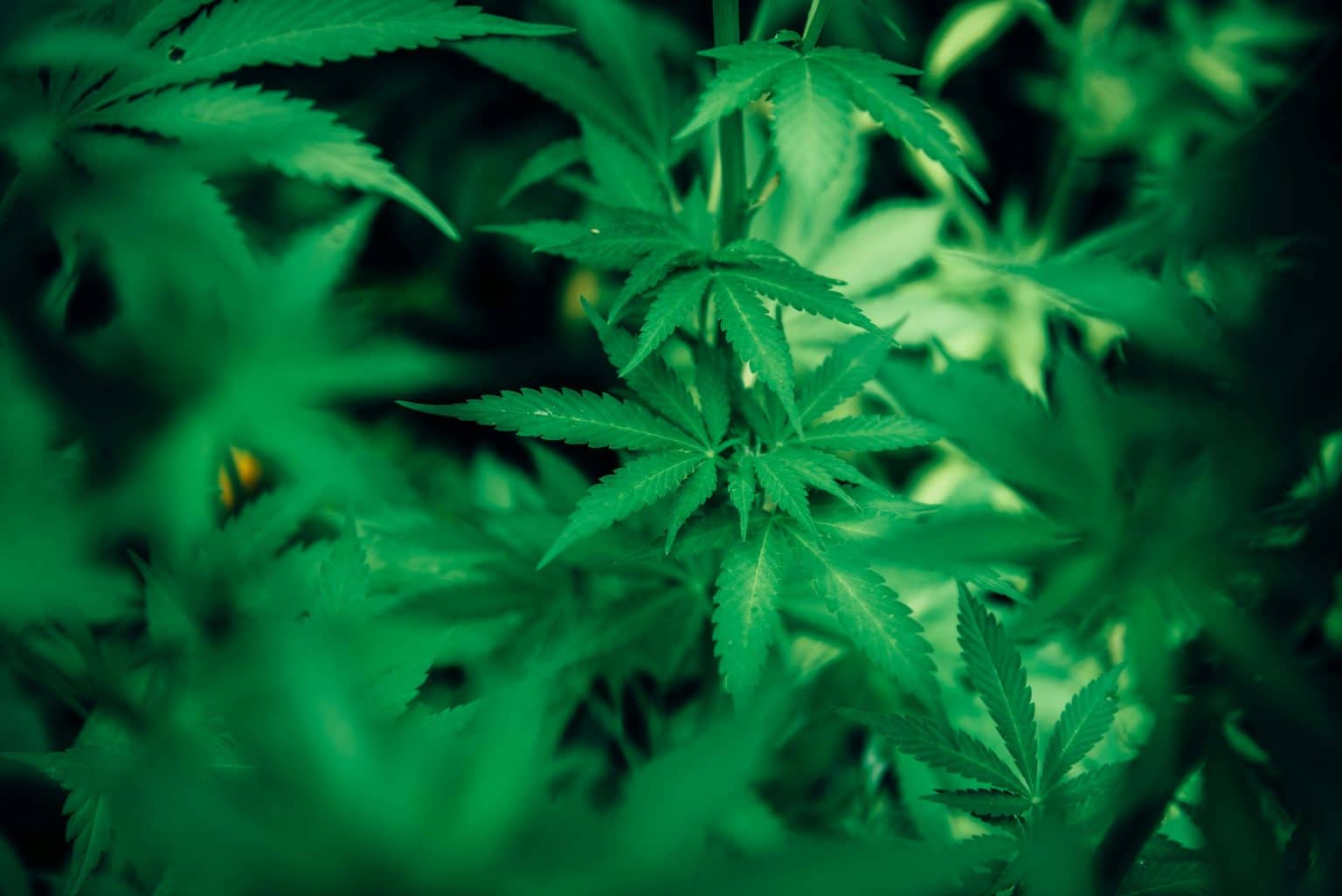Mindsets concerning medical cannabis change, but cultural perceptions continue to play a role in defining those who are comfortable receiving treatment. Identification of such disparities truly holds the key to greater equitable access.
Medical marijuana is a topic of wide debate, with opinions shaped equally by policy as by culture. Laws define limits, but ideological opinions within society more commonly dictate how patients end up obtaining it. Studying those opinions is essential in establishing equality as well as appropriate treatment for all.
Previous Misconceptions To Changing Attitudes
For so long, cannabis had such a bad stigma. It was consistently associated with crime or recreational abuse so thoroughly that it overshadowed any consideration about potential medical uses. These false presumptions aided in developing a society in which patients were ashamed of even contemplating cannabis as a medicine.
These days, however, everything is in transition. Medical cannabis approval by legal means is just beginning to wear away outdated assumptions, patients are becoming increasingly comfortable discussing treatment modalities with their doctors. A good step is how a medical cannabis card offers a reassurance factor, a signal that the patient is coming at treatment in a proper, regulated way. Nonetheless, sentiment in society does not change overnight, residual preconceptions remain.
Such slow but noticeable change means there is a reassessment on society’s part concerning their stance on cannabis. Through additional research and unrestricted communication, perceptions can further change so patients are less stigmatised when receiving treatment.
How Media Reports Influence How We View Patients
The media exercises great power over cultural perceptions. Decades-long headlines regularly sensationalised cannabis articles, fostering an aura of danger and intrigue. These portrayals helped spread an image of cannabis, which served to blur any recreation-medicine line.
Ever more in recent years, media coverage has started concentrating on patients. Reports and media stories are increasingly derived from patient narratives, which are about their access problems when attempting to acquire prescriptions. Media is not clinical research, but it does have an influence on people’s thinking concerning patients utilising medical cannabis.
Balanced reporting is necessary. Human-interest pieces about patients can de-stigmatise and encourage conversation about fairness and equality. Reporting about medical cannabis in a balanced way can foster a tolerant society while still encouraging proper consultation with professionals.
Contrasting Views Regarding Medical Cannabis
Medical cannabis is not viewed similarly in every society. Religious heritage, cultural background, as well as local histories influence people’s viewing of its role in medicine. Its stigma remains strong in some communities, such that patients are reluctant even when it is legally available.
Others are less open-minded and medical cannabis is something raised in a broader health or wellbeing discussion. When thinking about cannabis for arthritis for example, reactions are mixed in relation to the cultural heritage. Some may think it an enlightened choice, while others may think it a controversial or unsavoury choice. These variations make it essential for cultural sensitivity in healthcare communications. Access equality is not only about legislation; it is also about making patients feel cared for and treated equally, no matter what their background is.
Knowledge Can Demolish Barriers
Education is a very effective tool in dispelling cultural misconceptions. Many patients and families are still unclear about what medical cannabis is, how it is prescribed or for whom it is available. Proper information can de-mystify the system and allow patients to make educated decisions.
Community forums, healthcare information sessions and workshops can all help in reducing stigma. When patients are told by professionals about what is currently in regulation and about the requirement for more research, it helps to base the conversation on facts not on stereotyping.
Likewise, information drives would involve demarcating a line between medical and recreational purposes. Demarcation is critical in ensuring patients in actual need of treatment are not stigmatised by universal assumptions in society.
Making Further Open Discussions Together
As attitudes continue to evolve, building equality for medical cannabis access is contingent upon fostering open, inclusive discussion. Patients should not hesitate to discuss their decisions without fear of condemnation and healthcare professionals need tools and training in which to respond with professionalism and empathy.
Both cultural and structural change are needed for further progress in the future. Further research is essential in order to produce a strong evidence base upon which patients and practitioners can gain clearer direction. As a parallel track, society needs further to challenge entrenched misconceptions which obstruct equal access.
For patients, it is a paramount message: Talk with healthcare providers before considering medical cannabis. Equality mandates legislative approval and settings in favour of patients making informed choices in confidence. Through collaboration between patients, providers, communities and policymakers, society can make further progress towards a balanced and inclusive direction.
Towards Fairer Access
Cultural sentiment continues to dictate how medical marijuana is viewed and for whom it is okay to utilise. As legislation expands access, social equity is dependent upon de-stigmatising marijuana utilisation, educating society in general and creating free discourse. Progress is in motion, yet more action is required so every patient, regardless of their cultural identity, may safely venture into medical cannabis. It is a continuous process and it shall take a collective effort so that fairness and dignity are at its foundation.

